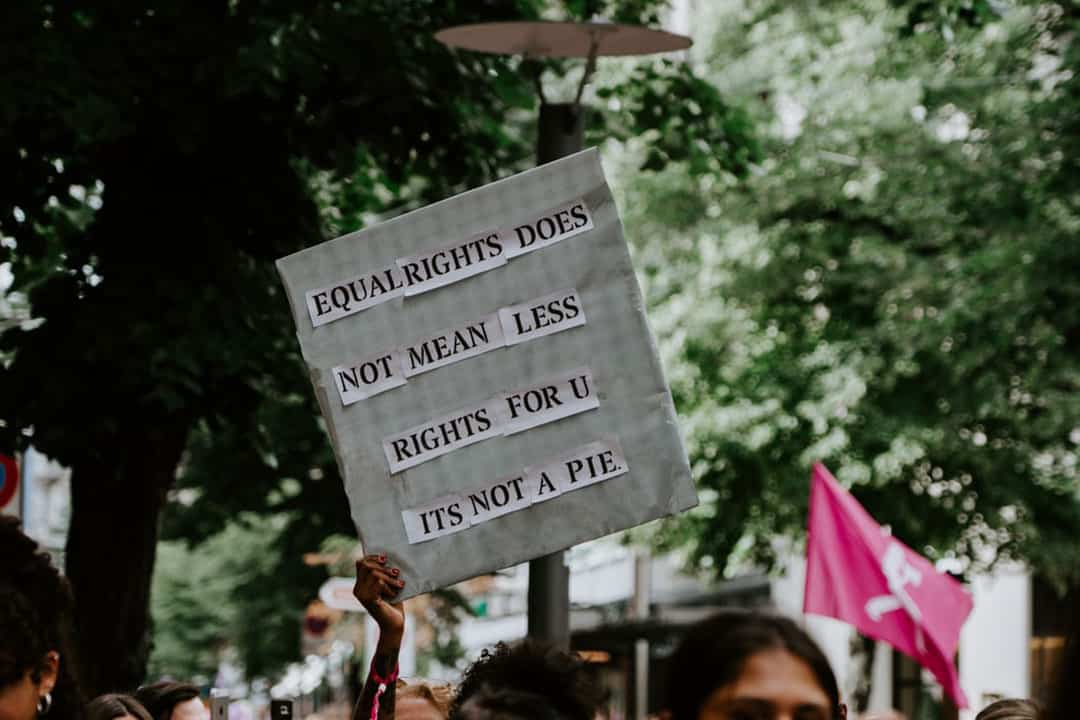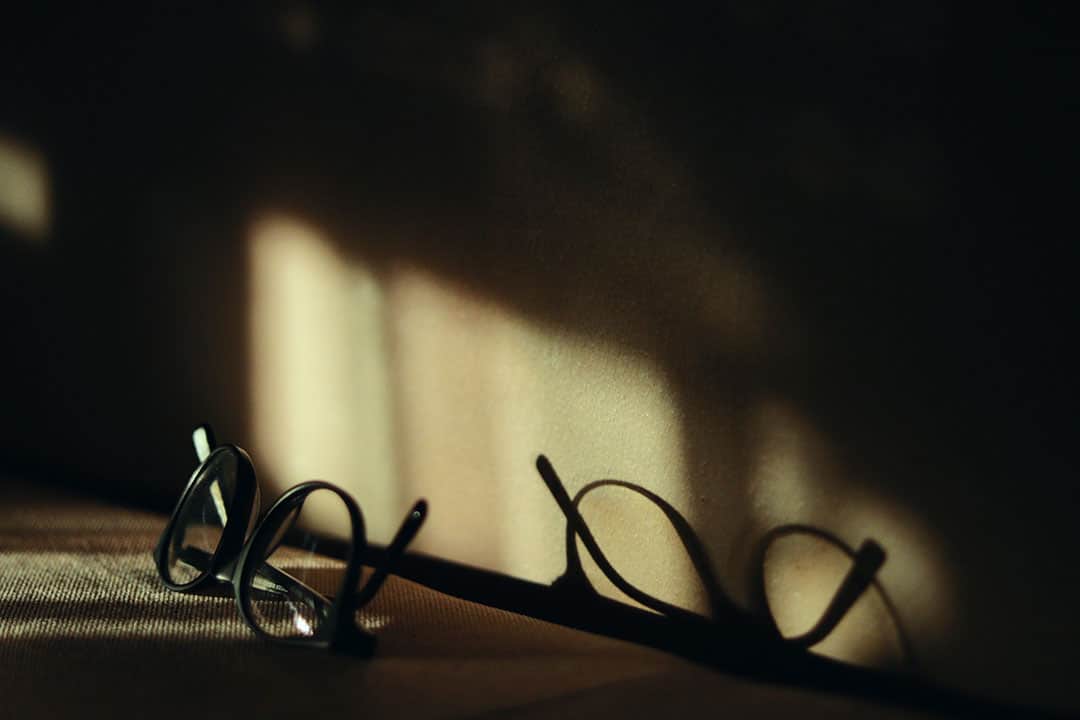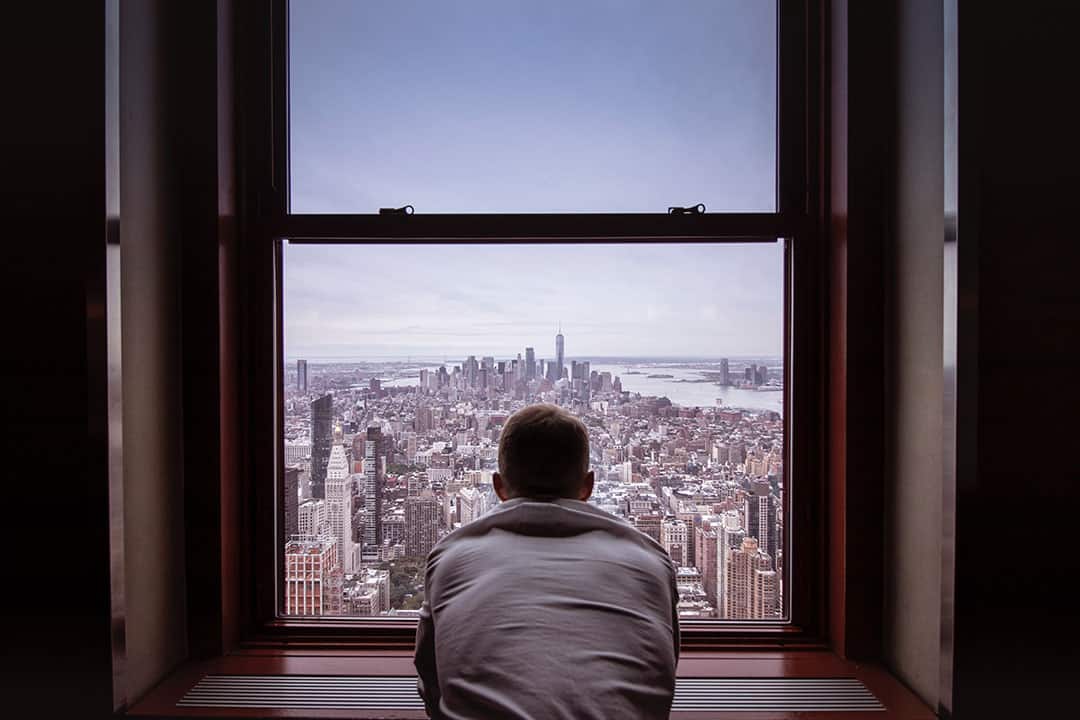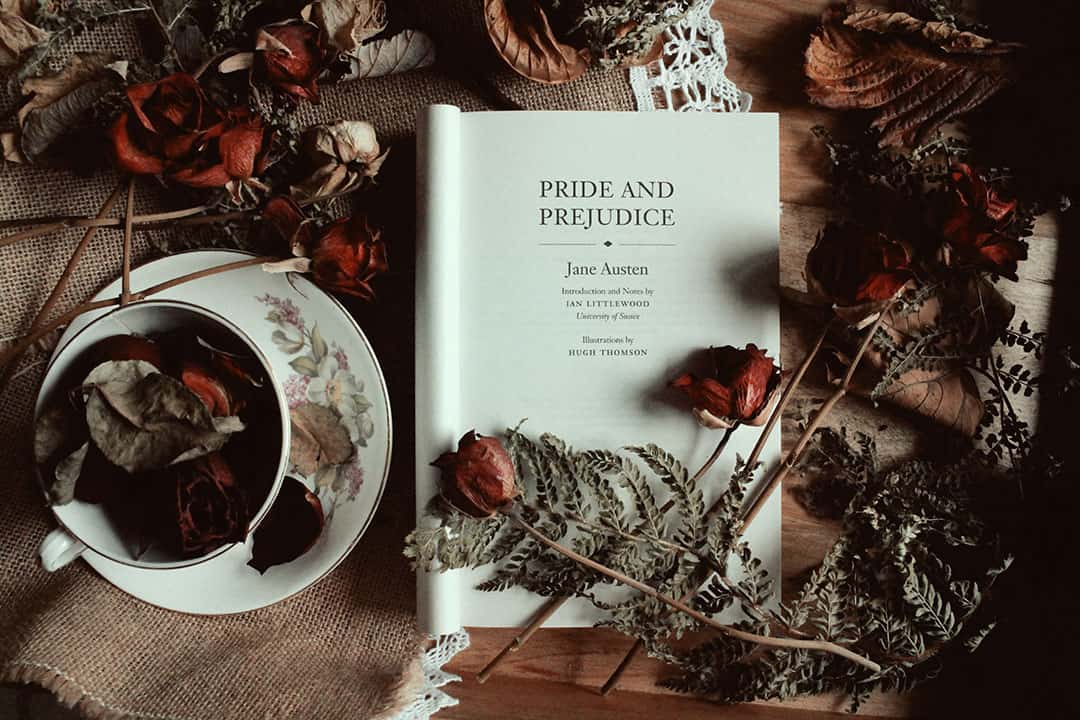The desire to feel special and it’s spiritual consequences
The Prophet ﷺ said “None of you will believe until you love for your brother what you love for yourself.”
[Bukhari]
A lot of times our attitudes are shaped by media representation and stereotypes, and in a sense, sometimes over sympathising causes a lot of unintended harm.
For example, a young woman and barista who is a burns victim may see many shocked and surprised expressions from people who have assumed she would have a face like them. They may look at her with pity, speaking to her like a child, because they are over sympathising with her situation. Customers may be so busy thinking about how they feel about her face that they don’t think about how she wants them to react. What her customers might not realise is that she wants to be treated just like everyone else – she doesn’t want to be looked at with pity, she would rather be respected. She may wish that her face was normalised in society so that she doesn’t have to deal with shock or horror when people realise she has been burnt.

You may recognise that you have a negative view of disabled people or people with facial differences. You might have a view that their lives are hard and unbearable, you might look at them with pity and not expect much of them in terms of their abilities, dreams and aspirations. This is a view you may have learnt through poor representation of disabled people throughout your life or the fact that you have barely ever interacted with people who are disabled. There are resources you can find to consciously think about your prejudices, educate yourself and correct your view. You might want to watch interviews with disabled people to better understand their issues e.g. Special Books by Special Kids.
We may think our views are harmless but they can deeply impact the lives of people who are discriminated against. A disabled person is more than 1/3 less likely to be employed as compared to a non-disabled person (ONS, 2019). Many disabled people are perfectly capable of excelling in their chosen career but aren’t given a chance because people assume they aren’t capable. Whilst the Equality Act 2010 makes it illegal to discriminate against people with disabilities, discrimination which is rooted in prejudice still persists. It’s important to realise that pride is at the root of prejudice.
If you are able bodied and you think disabled people are less clever, less able, living less fulfilling lives, you are assuming that you are cleverer, more able, and that your life is more valuable and when you put it like that you might find that this makes you feel ashamed. If you have a negative view of black people, seeing them as more violent or promiscuous, you need to understand that also means that you see yourself as more morally upright and that is the opposite of the humility we are taught to have. If you are a man who sees women as silly, mindless creatures that aren’t capable of more than cooking, cleaning and raising children, that also means that you see yourself as cleverer, a leader and a more valuable and worthy human being.

We all have within us a nafs that wishes to feel special. We want to feel that we are better than others, that we are more moral, more beautiful, cleverer, stronger etc. Remember that Shaitan made himself feel better than others saying,
“I am better than him (Adam). You created me from fire and You created him from clay.”
[Qur’an 7:12]
AstaghfirAllah (I seek the forgiveness of Allah). The nafs in its desire to feel special can destroy our spirituality. We should never grasp onto things from this dunya (life) to validate our self-worth because that breeds arrogance and pride. Remember “La Illaha Illa Allah” (There is no God [worthy of worship] but Allah). Our selves, the selves we try to appease, finding ways of boosting our ego, is nothing. Everything you have comes from Allah SWT. The fact that you can read this article whilst others have learning disabilities that may mean they can’t read at all only means that God destined this for you and destined that for them.

If you are eloquent it’s only because God wanted that for you, don’t turn it into something that is bad for your soul by looking down on people who stammer, for example. If you have a lighter skin tone and benefit from white privilege, know that there is nothing special about you that makes you deserve that privilege. God put your soul in a white body, that was His Will, but you could have been placed in any other body if He willed and He has made us all “in the best of stature (mould)” [Qur’an 95:4] regardless of colour .
This way of thinking also extends to all the qualities you have that make you feel good about yourself; if you are a hard worker this is only possible through the help of Allah SWT and feeling yourself to be better than others because of this isn’t okay. What is interesting is that through this process of identifying what makes you feel good about yourself and might cause your negative view of others you may realise that there are a lot of things God has blessed you with that you haven’t been grateful enough for because you took them for granted and your imposter syndrome or lack of self confidence around others may decrease.
What’s a prejudice you have had and how have you confronted it?






A prejudice I had when I was a teenager was thinking that girls from my community who aspired towards marriage and nothing else were lame and up to no good. I obviously don’t believe that anymore as I have realised that a number of factors impact our choices and opinions, therefore, you cannot paint everyone with the same brush or expect anything from anyone.